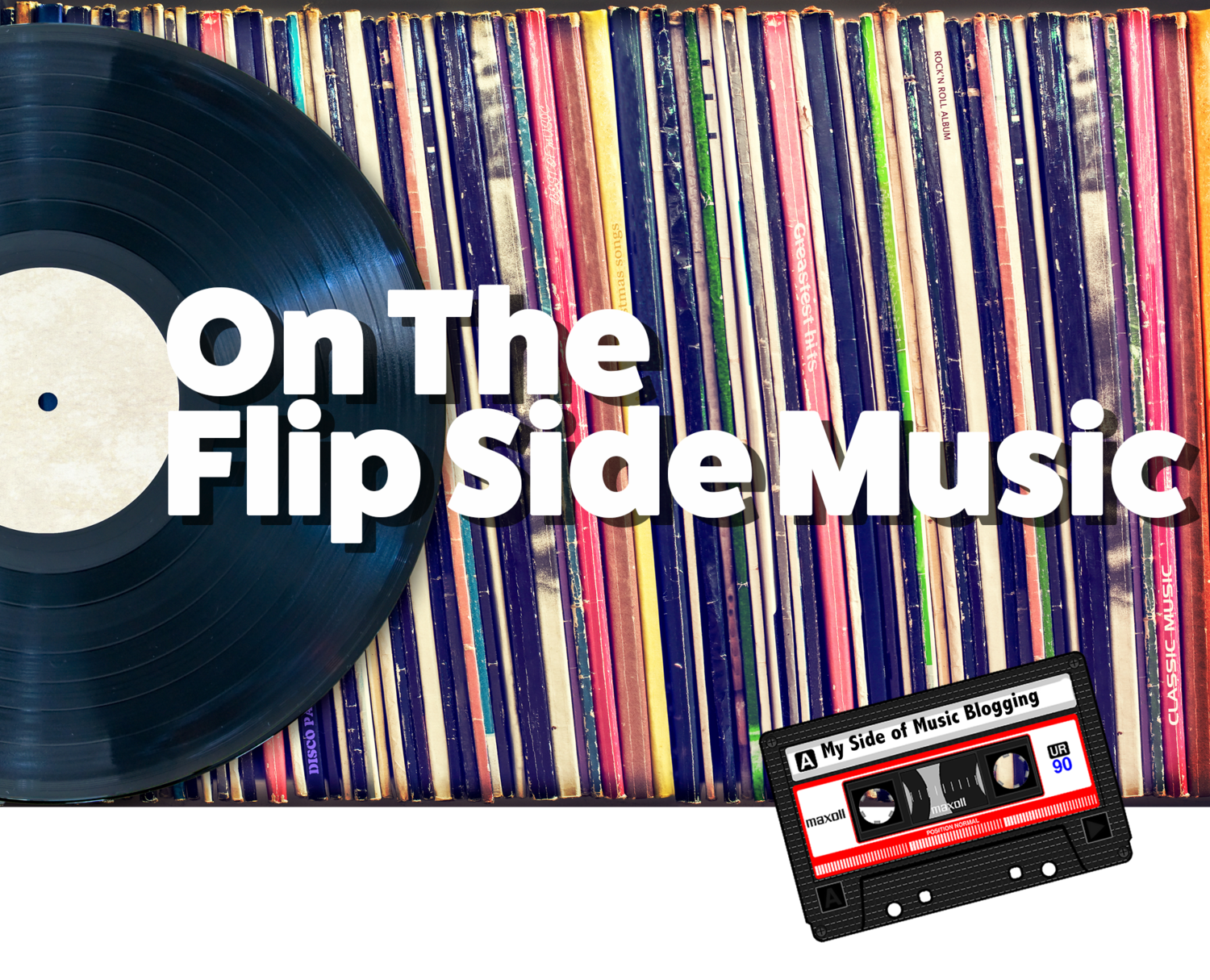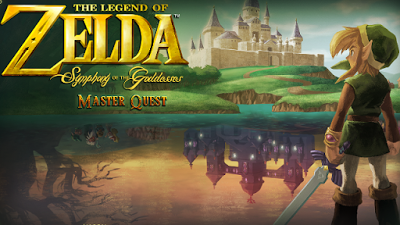RECAP: "Legend of Zelda: Symphony of the Goddesses"-Master Quest Regales Fans
by Jessica Klausing
Video game soundtracks hold a special place in my heart. This comes from being introduced to the Super Nintendo Entertainment System (SNES) at the age of five. Countless hours in my youth were spent saving the princess in another castle in Super Mario Brothers, navigating an aircraft in Starfox, exercising my mad fighting skills in Mortal Kombat, turning sharp curves in Mario Kart, battling reptilian pirates in Donkey Kong Country and swearing at difficult final bosses in just about every game!
With epic adventures comes epic music. Nintendo has composed some of the most beautiful soundtracks ever. One in particular that caught my attention was The Legend of Zelda: Ocarina of Time. The music had connected with me on an emotional level. The soundtrack had transported me into a renaissance world of sacred temples, mythological beasts and a sense of coming of age. My inner twelve year old squealed with glee when I saw that Nintendo’s most beloved franchise, The Legend of Zelda was getting fully orchestrated.
I stood in line with thousands of Zelda fanatics outside the Walt Disney Concert hall in Los Angeles. The concert had sold out months in advance. Many cosplayers proudly donned their best Link and Zelda costumes while others wore Zelda and Nintendo themed attire. I even met up with a few fans that happily showed off their Zelda inspired tattoos.
The Legend of Zelda: “Symphony of the Goddesses” was in its third installment known as the Master Quest tour. The Master Quest tour featured new inclusions from the Zelda series such as a re-mastered Majora’s Mask and A Link between Worlds, the most recently released game at the time. Music was also included from Ocarina of Time, Wind Waker and Twilight Princess.
The symphony itself follows the same four movement setup from the previous tours. Scenes from various Zelda games were projected on a large screen overhead while the orchestra and the choir played onstage.
The show featured surprise video clips from series creators Shigeru Miyamoto, Eiji Aonuma, and composer Koji Kondo. They talked about the history of the series. The games were designed for the fans to grow alongside Link during his adventures. The music was a major key element in making the games so successful. All of the fans did share a mutual bond over the beautiful compositions that night.
From the iconic theme opener to the tear jerking victorious finale, the entire production was a nostalgic journey. Fans trekked cautiously through the desolate Gerudo Valley, gasped excitedly at the infamous, “It’s too dangerous to go alone” line, laughed as Link got attacked by Cucoos, and cheered at the defeat of Gannondorf. The hall thundered in applause after each piece. Clearly, this was not your typical classical arts symphony!
The biggest highlight of the night for me was the “Creation of Hyrule” prelude. The heavenly vocals of the choir sent chills down my spine as the Great Deku Tree regaled us in a tale of the triforce.
The only downside was the orchestra would soundtrack hop between the games. For example, the orchestra would play a tune from Ocarina of Time then jump over to Twilight Princess then jump back to Ocarina of Time. This might just be the OCD in me talking here but I would prefer to hear an entire Zelda game soundtrack all the way through. No jumping back and forth.
I’ll admit, I was a bit saddened that my favorites, “Song of Storms” and “Temple of Time,” from Ocarina of Time were excluded from this performance. Hopefully, they will make it into future compositions. After all when young Link visits the Temple of Time was perhaps the most iconic scene in Ocarina of Time. The choirs’ vocals would have been deliciously haunting but I digress.
Overall, the show is a must see for any Zelda fan or video game soundtrack enthusiast for that matter. Even if you’re not into gaming, the synchronization between the clips from the games and the music being played was an uncanny experience. This is a great example of video game music played live in a brilliant and compelling manner.
The Legend of Zelda symphony is on the road again in 2016. This year will mark the franchise’s 30th anniversary. Who knows what exciting and over the top surprises the producers will have for the upcoming tour!
SETLIST:
Act I
Overture
Interludes:
Gerudo Valley
Boss Battle Medley
Suite from Majora’s Mask
A Link between Worlds
The Symphony:
Prelude-The creation of Hyrule
Movement I- Ocarina of Time
Movement II- Wind Waker
Act II
Intermezzo-Great Fairy’s Fountain
Movement III- Twilight Princess
Movement IV- Time of the Falling Rain
Finale
I did a mini interview with Producer Jason Michael Paul after the show.
1. How do you go about choosing/piecing together the different compositions for each Zelda game?
We try to be mindful of what the fans want, so we of course try to add in the fan-favorites. But we also try to tell a larger narrative throughout the evening, so we include some lesser-known scores that really help take the audience to certain moments in time with the game. We also obviously try to include any new releases, for instance this year we have music from the new Majora's Mask 3D.
2. I heard that you were involved with the Zelda merchandise this year. Can you talk about your influence and thought process with it?
Again, we want to give fans pieces of merch that they'll love and connect back to the performance. Most of the influence comes from originator Zelda merch and is all approved by Nintendo to ensure its meeting brand guidelines.
3. How is the Master Quest tour different than the previous Zelda orchestras?
Master Quest reflects the newest music that is out there for Zelda - which means new Majora's Mask inclusions as well as music from A Link between Worlds.
4. Do you believe other popular Nintendo video games (Mario, Starfox, Donkey Kong, etc) will have their own orchestra tour in the future?
That'd be great! I think the other franchises would be successful of course, but I also think that Zelda reaches a broader and more deeply loyal audience. The Zelda franchise is nearly 30 years old and the music surrounding the game resonates with many people on an emotional level.
5. I know you were saying that the Zelda shows continue to evolve over time. Can you talk about what possible future plans you would like to incorporate for the next tour?
We like to keep it interesting! At the moment we're putting all of our effort into making Master Quest the ultimate Zelda experience - but we do have some future plans up our sleeves!


